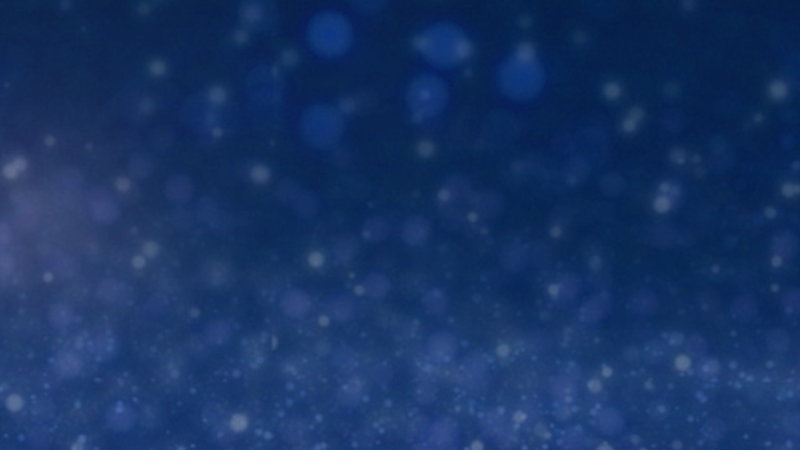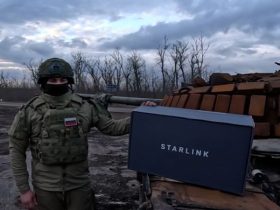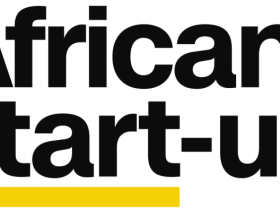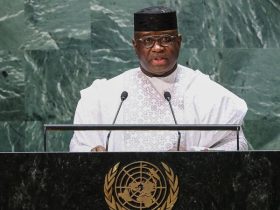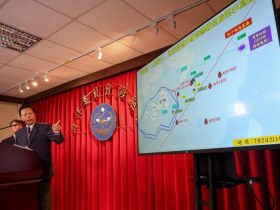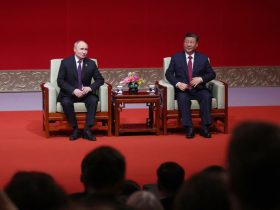“I want to tell you that, yes, you can. You can dream and you can achieve your dreams,” he said.
Growing up with cerebral palsy in one of the poorest areas of Cali, Colombia, Aristizábal pushed himself to defy society’s expectations. He has dedicated his life to bringing therapy, education, and support to other young people with disabilities in his community so they can realize their potential.
Since 2016, his organization, Asodisvalle, has expanded in big ways, opening even more doors of opportunity for those he helps.
With his prize money and donations, Aristizábal and his organization purchased the land where they built a much larger rehabilitation center equipped with new technology and more medical tools for all the children’s needs. They’ve grown from helping some 400 young people to more than 1,000 today, he said.
Along with specialized therapies, his center provides students with free education and a host of programs, including dance, sports, and music. Older students can also learn job skills.
Not only has Aristizábal expanded his nonprofit, he was inspired to become a lawyer and graduated from law school three years ago.
“I realized that the world needs more people to defend the rights of those with disabilities,” he said. “My goal is to help change the laws of this country so that those with disabilities will have more opportunities.”
This year, he and his foundation realized yet another big dream: Building a university. Inspired by a group of older students from the program, the organization began construction two years ago.
“Today we have the first university for young people with disabilities in Latin America,” he said.
Now in its first year, with 300 students enrolled, the university offers a range of classes, including computer programming, 3D technology, graphic design, and languages. Students can also learn skills in culinary arts, carpentry, music, and tailoring.
“It has all the equipment so that people with disabilities can study in an accessible way,” Aristizábal said. “We have ocular technology, for example. Those who can’t move their hands or feet are operating computers with their eyes.”
Aristizábal says the focus is not only to help students attain their college education but to prepare them for employment so they can join the workforce, become providers in their families, and contribute to a variety of fields.
“The foundation is changing the concept of the word ‘disability,’ understanding that they can, that they’re capable,” he said.
The young people who inspired the idea for the university, Aristizábal says, started out learning to be bakers at the foundation. Now, they are employed at a local food production plant.
“Before, their families saw them as though they were not going to be able to do much,” he said. “Today, they have a job, they have a salary. They’re the ones who put food on the table.”
Ultimately, Aristizábal wants to show the world what anybody can achieve if given the chance.
“Jeison is a role model for us,” said Ayleen, who started at the foundation when she was 4 and plans to enroll at the university next year to become a teacher. “He’s shown us that there is no limitation, no disability, no nothing stopping us from achieving our dreams.”

